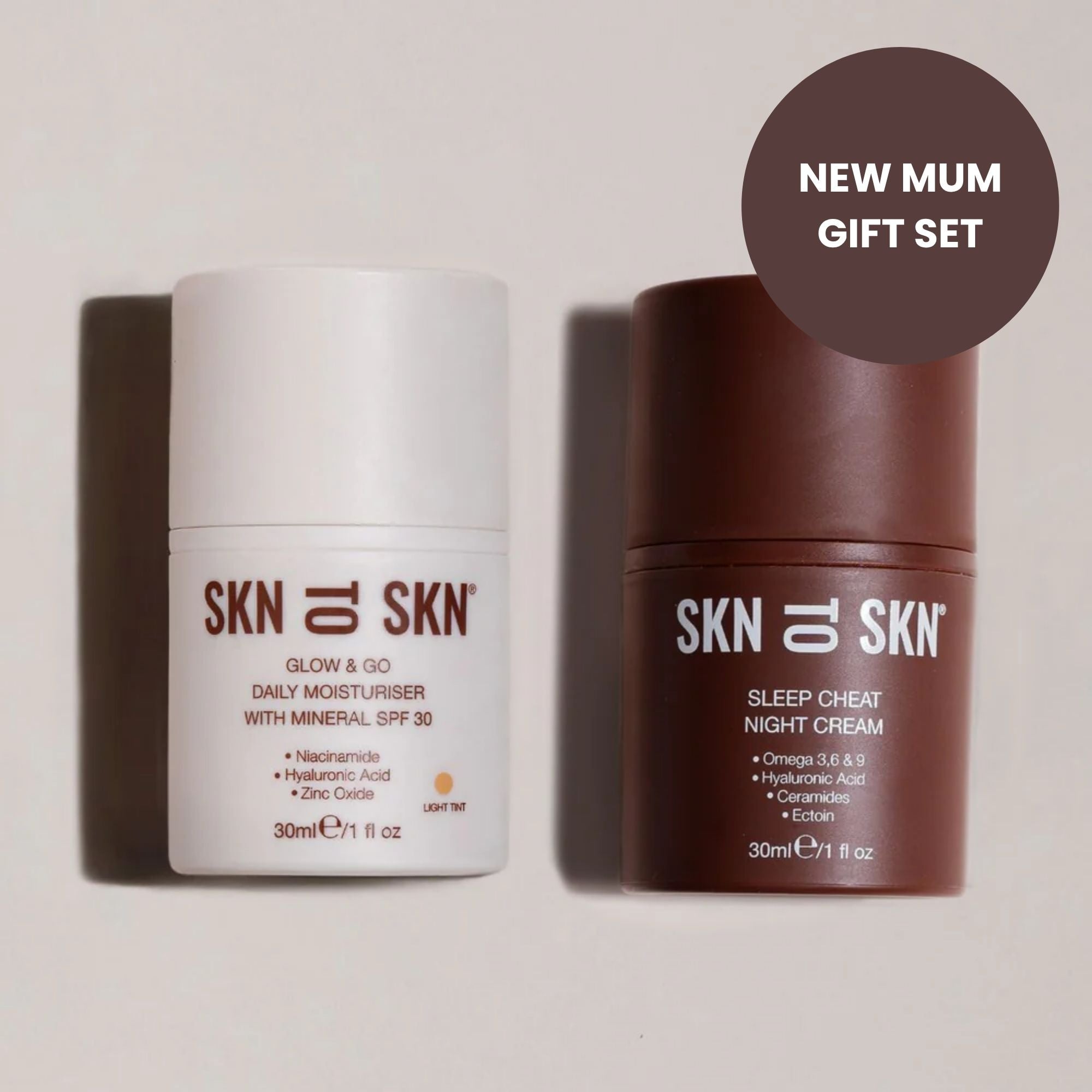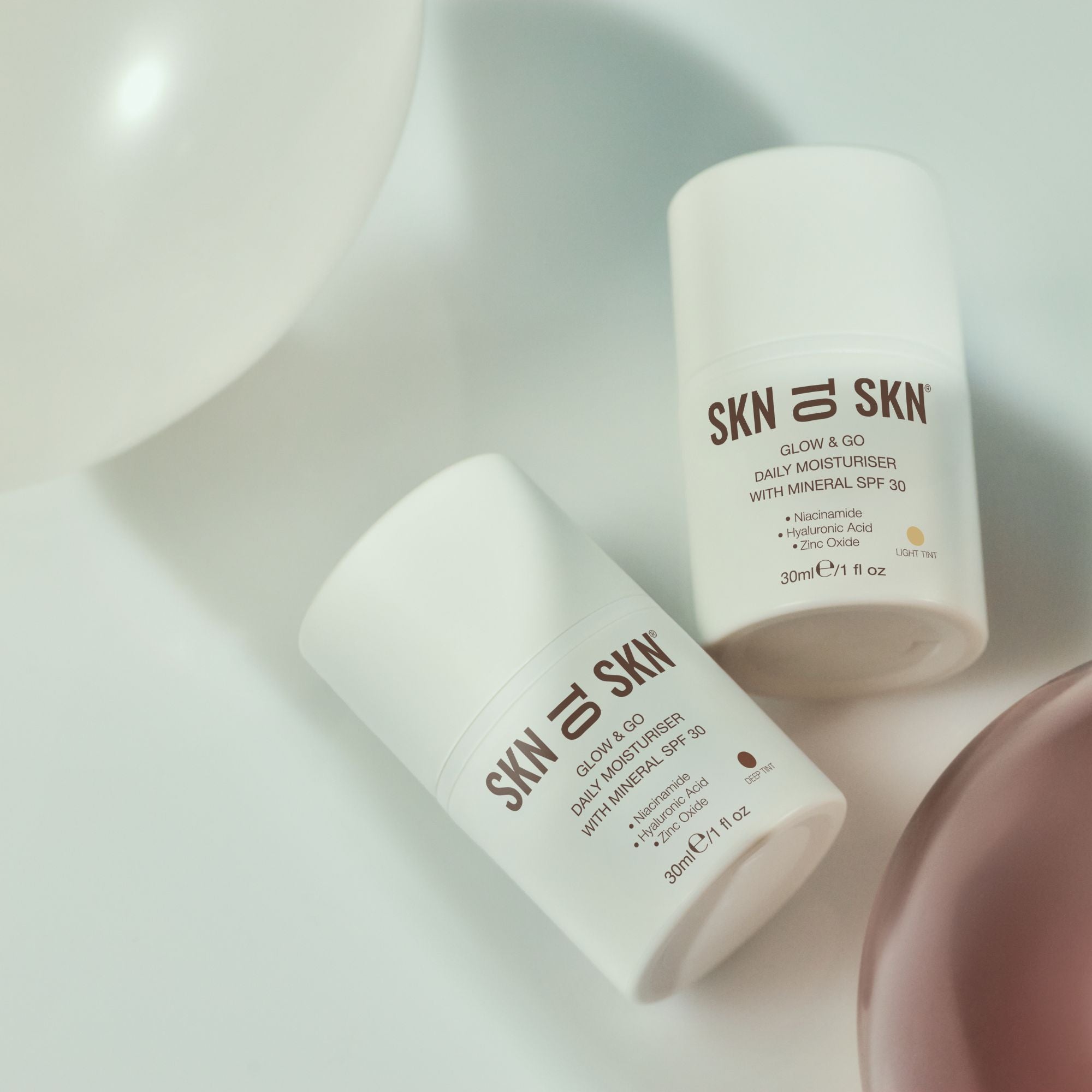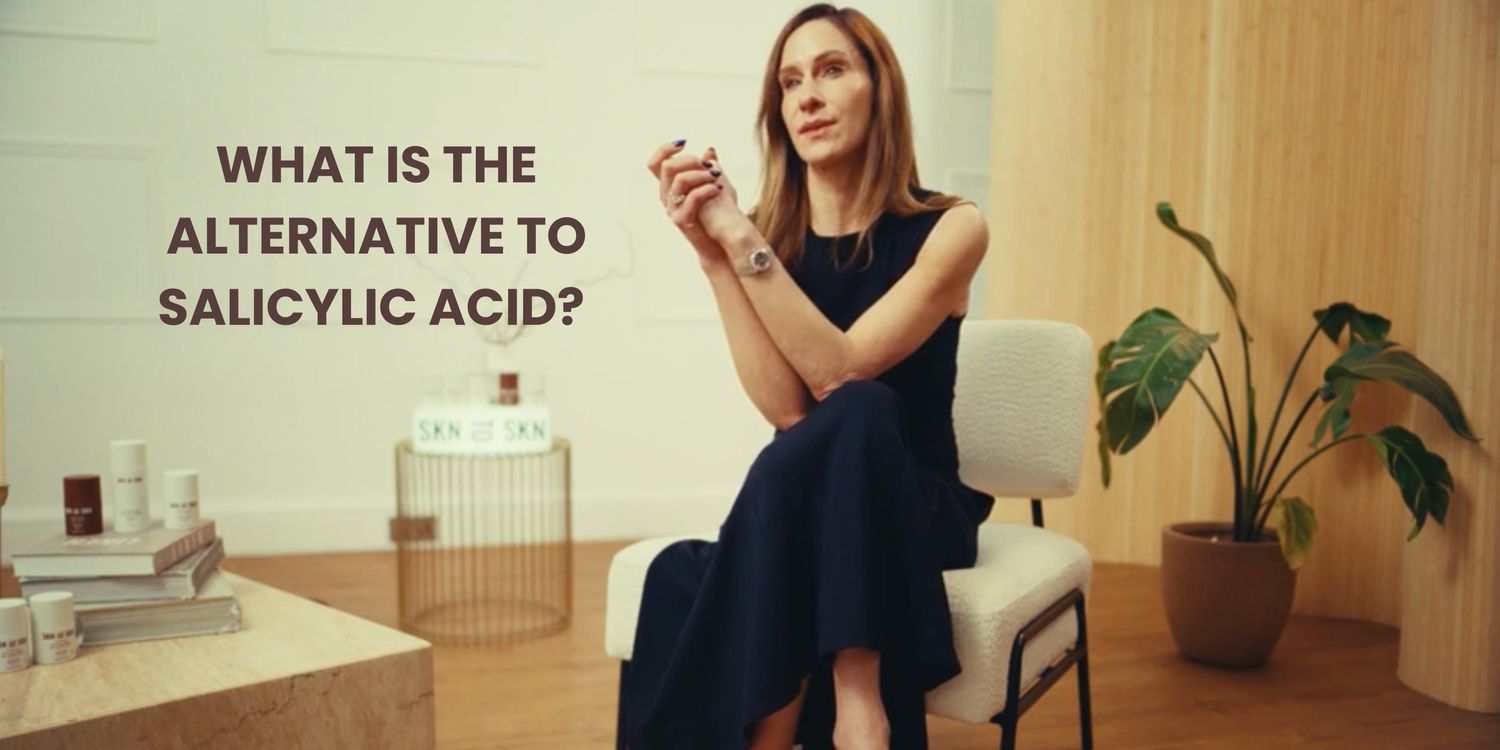Many expectant mothers quietly question whether the skincare ingredients they’ve always trusted are still safe to use during pregnancy - especially ones like salicylic acid. It’s a concern that’s rarely discussed openly, yet it lingers in the back of many minds.
That’s why Professor Caitriona Ryan explores what was once recommended for managing which pregnancy-safe alternatives are now supported by dermatological research.
What Is Salicylic Acid?
Salicylic acid is a beta hydroxy acid (BHA) commonly used in skincare to treat acne, blackheads, and oily skin. It works by gently exfoliating the skin, unclogging pores, and reducing inflammation, making it a staple ingredient in many cleansers, toners, and spot treatments. Its ability to penetrate deeply into the pores helps keep breakouts under control and promotes smoother, clearer skin.
Why Is It Not Recommended During Pregnancy?
It’s generally not recommended during pregnancy due to the potential for absorption into the bloodstream when used in high concentrations or over large areas of skin. Because it’s chemically related to aspirin, excessive exposure could pose risks to the developing baby, so most experts advise avoiding strong leave-on treatments or professional peels. Instead, dermatologists recommend gentler, pregnancy-safe alternatives.
What Are Some Alternatives To Salicylic Acid?

Written by Professor Caitriona Ryan, Consultant Dermatologist




